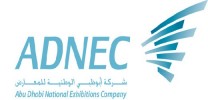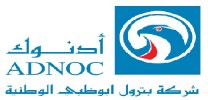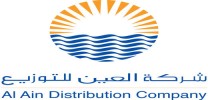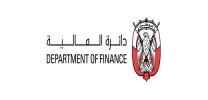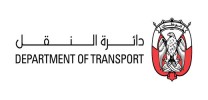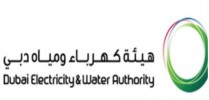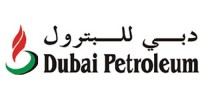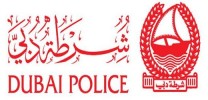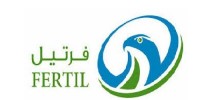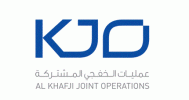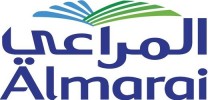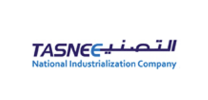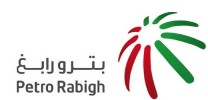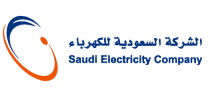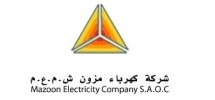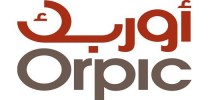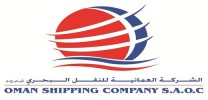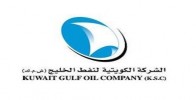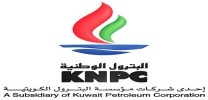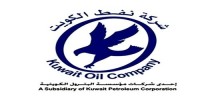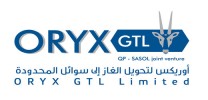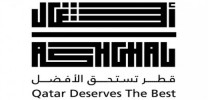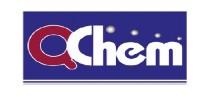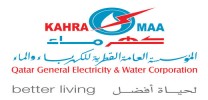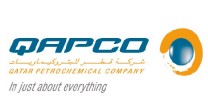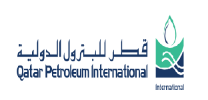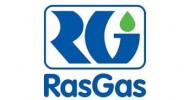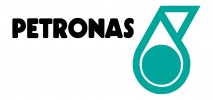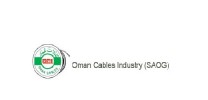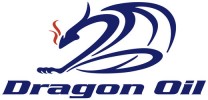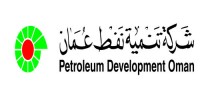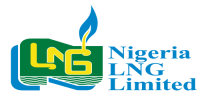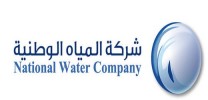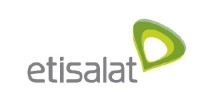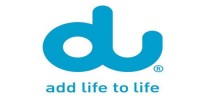
Modern Oil & Gas Production Operations
Course Introduction:
This course provides you with an integrated view of the oil and gas production and related facilities during the life of the reservoir.
It presents an overview/fundamental understanding of the wide range of oilfield production handling and treatment equipment. With this view and tools and knowledge on the properties and flow of the fluids provided in this course, you are able to understand the behavior of the fluids from the reservoir up to end users.
The training gives strong emphasis of the calculation of reserves, fluids properties from reservoir through gathering network. This knowledge is necessary for the surface facility engineer to design or operate the equipment and facilities.
Course Objectives:
Upon successful completion of this course, the delegates will be able to:
- Gain an improved knowledge about various aspects of the oil & gas production operations
- These include production of gas and oil and surface processing units and operations such as artificial Lift and pressure maintenance operations
- Issues related to mid-stream and down-stream will be discussed as well, including recent developments
- Gain an overall knowledge of various hydrocarbon production processes from the time a reservoir is discovered to end users
- Understand the role of the petroleum/reservoir engineer in optimizing recovery
- Gain sufficient knowledge of various surface and sub-surface equipment and processing facilities used in a typical oil & gas field
- Gain sufficient knowledge about health, safety and environmental issues
- Understand the role of petroleum economics in evaluating field development projects
Who Should Attend?
This course is intended for all Oil & Gas production field personnel, Operations and maintenance supervisors, Technicians, Support engineers and engineering trainees. It would also benefit safety and other support staff who have an interest in increasing their understanding of Oil & Gas Operations.
Course Outline:
Day 1:
Introduction and Overview
- History of the Natural Gas Sector
Characteristics of Natural Gas
- Physical Description, Composition, and Properties
- Transport Properties
- Heating Value
- Thermodynamic (State) Properties
- Equilibrium/Phase Behavior
Natural Gas Reservoirs and Exploration
- Chemical Origins of NG
- Sedimentation and Reservoir geology
- Modern Exploration
- Geographical Studies, Geophysical Surveys, Well Logs, Data Analysis
Day 2:
Natural Gas Drilling and Production
- Rotary Drilling Equipment and Systems
- Drilling Operations
- Well Pressure Balance and Blow Out
- Directional and Offshore Drilling
- Well Completion, Testing, and Stimulation
- Primary and Enhanced Recovery Methods
- Offshore Production
- Production Profiles and Recovery Estimation
- Problem Well Analysis
Natural Gas Processing and Utilization Strategies
- Historical and Modern Approaches
- Processing Objectives and Restrictions
- Natural Gas Products and Specifications
- Associated v. Non-Associated Natural Gas
- Modern Approaches: CNG, LNG, GTL, NGL, Condensate
Day 3:
Free Liquids and Solids Separation
- Well Stream Separators: Functions, Design, Operations
- Multi-Stage Separators
- Solid Filtration and Filter Separators: Functions, Design, Operations
Hydrates
- Hydrate Characteristics
- Hydrate Formation and Thermodynamics
- Preventing Hydrate Formation
Dehydration
- Effect of the Presence of Water
- Approaches to Dehydration of Natural Gas
- Absorption: Equipment, Solvents, Operations, Regeneration
- Adsorption: Process, Adsorbent Selection, Operation
- Gas Permeation Dehydration
Day 4:
Hydrocarbon Fractionation and Purification
- Thermodynamics of Refrigeration
- Isenthalpic and Isenthropic Flash Refrigeration Processes
- External Cycle Refrigeration: Compression and Absorption
- Fractionation by Low Temperature Distillation
- Oil Absorption
- Selective Adsorption
- Condensate Stabilization
- C2+ Fractionation
- Impact of Presence of Water Vapor (and Hydrates) on Fractionation
Natural Gas Treating
- Chemical Removal of Acid Gases
- Physical Absorption Removal of Acid Gases
- Adsorption
- Gas Permeation and Low-T Distillation
- LPG and C5+ Sweetening
- Sulfur Recovery
- Nitrogen and Helium Removal
- Mercury Removal
Compression and Expansion
- Compressor Functions and Classification
- Theory of Compression
- Reciprocating Compressors
- Reciprocating Compressor Selection and Operations
- Turbine-Drive Centrifugal Compressors
- Turboexpanders: Configuration, Design, Operations
- Measurement, Storage, and Transportation
- Natural Gas Flow, Temperature, and Specific Gravity Measurement
- NGL Metering
- Natural Gas Sampling and Testing
- Natural Gas Storage: Depleted Reservoir, Aquifer, Salt Cavern
- Cryogenic Storage
- Natural Gas Transportation chains: Pipelines, LNG, Chemical Conversion, Electricity
- Natural Gas Pipelines: Design, Construction, Operations, Offshore
Day 5:
Liquefied Natural Gas
- Historical Development
- Cryogenics Cascade Cycles
- Commercial Liquefaction Processes
- Liquefaction and Treating Operations
- Transport Tankers: Commercial Designs and Operations
- LNG Storage: Tank Designs and Statistics
- Boil-Off During Transport and Storage
- LNG Re-Gasification: Commercially Available Designs and Operations
Gas-to-Liquids and Other Chemical Conversion Technologies
- Historical Development
- Process and Chemistry Fundamentals
- Competing Technologies
- Economic Drivers and Strategies
- Current and Anticipated Implementations
- Synergies and End-Use Operations
Refinery gas processing
- Crude Oil Composition and Light Ends
- Modern Petroleum Refining and Light Ends Manufacture
- Saturated Gas Plant
- Unsaturated Gas Plant
- Refinery and End-Product Utilization Operations
Course Methodology:
A variety of methodologies will be used during the course that includes:
· (30%) Based on Case Studies
· (30%) Techniques
· (30%) Role Play
· (10%) Concepts
· Pre-test and Post-test
· Variety of Learning Methods
· Lectures
· Case Studies and Self Questionaires
· Group Work
· Discussion
· Presentation
Course Fees:
This rate includes participant’s manual, Hand-Outs, buffet lunch, coffee/tea on arrival, morning & afternoon of each day.
Course Timings:
Daily Course Timings:
08:00 - 08:20 Morning Coffee / Tea
08:20 - 10:00 First Session
10:00 - 10:20 Coffee / Tea / Snacks
10:20 - 12:20 Second Session
12:20 - 13:30 Lunch Break & Prayer Break
13:30 - 15:00 Last Session





.jpg)

















